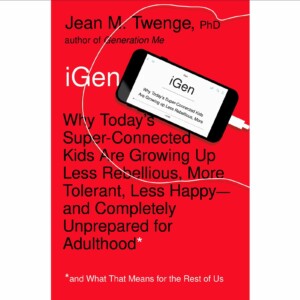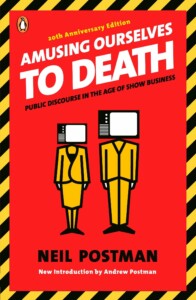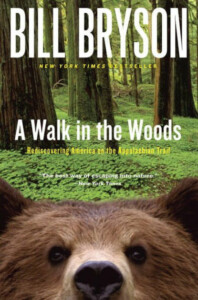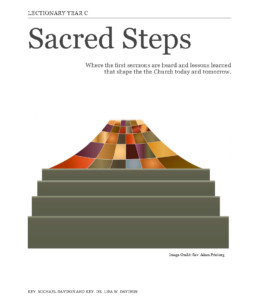Sabbatical: Season 2
The invisible limits
Words like חמץ and kx’āhã don’t appear in English. These words, like thousands of others, include sounds that aren’t part of the normal spoken range of the language. We don’t have difficulty saying or hearing these sounds, they’re simply sounds we have rules against.
The question is: Is the alphabet we use missing those sounds because we don’t use them, or is it that we don’t use those sounds because we don’t have letters for them?
If you can’t see it, you can’t say it. And that goes for more than words. (Seth Godin, 3/18/19)
Sabbatical: Season 2, has begun. When the Intersection arrives to your inbox I will be a week into the Second Season. This 37 days will be filled with reading, outdoor activity, and two thought projects: generic Christianity and moralistic therapeutic deism. Both of these has had an effect on our denomination and how we choose to blend in or stand out in our communities.
I have a reading list that I will probably not complete, but I’m starting with the books below.



My companion and I will be cruising during holy week and, weather permitting, I’ll watch the Easter sunrise over the horizon of the Atlantic ocean. I will also return to blogging and create a writing ritual that I can sustain into the rest of the year. I’m trusting that I’ll have a better grasp of the invisible limits, our systems and my own, when May 1 arrives.

 During Season 1 of my sabbatical I finished work on resources for children’s ministry. Specifically, the resources are designed to help the persons, lay or clergy, that are crafting the children’s sermon each week. The resources,
During Season 1 of my sabbatical I finished work on resources for children’s ministry. Specifically, the resources are designed to help the persons, lay or clergy, that are crafting the children’s sermon each week. The resources, 